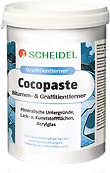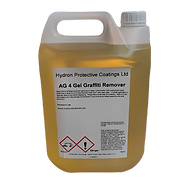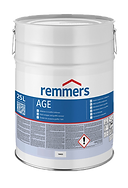

Graffiti Removal
There are many graffiti removers on the market but like paint strippers they all have their own strengths. Being careful about what substrate the graffiti is on is the most important thing to consider as graffiti removers can damage substrates like glass. It is always best to discuss before purchasing.
Aerosol
Aerosol is the most common form of graffiti you will find on walls or buildings. It is cheap and readily available so it is important that you have an option to remove unwanted graffiti.



Blasting
Sandblasting, sometimes known as abrasive blasting, is the operation of forcibly propelling a stream of abrasive material against a surface under high pressure to smooth a rough surface, roughen a smooth surface, shape a surface or remove surface contaminants.


Anti-Graffiti Coating
Anti-graffiti coatings are protective treatments applied to surfaces to prevent or minimize the impact of graffiti. These coatings serve as a barrier between the surface and graffiti materials, making it easier to remove unwanted markings.


Prepare your walls properly before using an acid cleaner for the best results
There are various techniques and methods that can be used to remove graffiti depending on the respective anti-graffiti system and possibly the spray paint used.
-
Solvent-based strippers must be applied. Depending on the type of product and the exposure time of the spray paint, the surface is usually cleaned with a high-pressure, hot water or hot steam cleaner.
-
If necessary, other chemical, effective cleaning products or solvents with similar processing techniques can also be used.
-
Blasting, just like high pressure steam, is generally only suitable on well-protected surfaces. While low-pressure wet blasting, micro-mist blasting technology can also be applied to unprotected surfaces.
-
Manual cleaning is possible, in particular, on smooth surfaces by using chemical cleaning agents.
-
To remove graffiti, especially on cultural-historical, valuable substrates, laser technology can possibly be used for cleaning.
Always observe the stipulated personal protective equipment during all cleaning work, which also applies to the legal requirements for the disposal of waste water or waste.





_(1)_(1)_(1)_(1)_(1)_(1)_(1)_(1).jpg)












